ABUJA — Former Speaker of the House of Representatives, Hon. Yakubu Dogara, has described President Bola Tinubu’s sweeping tax reforms as the most daring economic restructuring in Nigeria’s history, warning that their success will determine whether the country achieves economic justice and sustainable development.
Delivering the maiden Distinguished Parliamentarian Lecture at the National Assembly in Abuja on Monday, Dogara said Tinubu inherited a “battered economy” that required urgent, revolutionary action.
“By the time President Tinubu took office, the economic debris of the nation had become too conspicuous to be ignored,” Dogara declared. “₦22.7 trillion had been printed and injected into the economy in the name of ways and means, thereby destroying the value of the Naira. Something urgent, nay revolutionary, had to be done to prevent our economy from imploding.”
He praised Tinubu for setting up the Presidential Committee on Fiscal Policy and Tax Reform, chaired by Prof. Taiwo Oyedele, which produced a consolidated framework replacing 16 federal tax statutes with four principal Acts, including the Nigeria Tax Act (NTA 2025) and the Nigeria Tax Administration Act (NTAA 2025).
According to Dogara, the reforms simplify Nigeria’s tax system, broaden the tax base, strengthen compliance, and align with global standards.
“The reforms protect the poor, empower businesses, encourage investment, and ensure fairness across society. They strengthen Nigeria’s competitiveness, reduce inequality, and provide the government with resources needed to invest in infrastructure, education, health, and security,” he said.
While admitting that opposition to the reforms has been “fierce and furious,” Dogara insisted that resistance largely came from vested interests determined to maintain the old order.
“At some point, it was clear that most of those opposed to the reform desired to see the President fail rather than succeed,” he argued. “Casting the President as dictatorial rather than decisive was the high point of the opposition meant to scupper the reform. Thankfully, Mr. President courageously held his line.”
Among the key highlights of the reform are:
- A unified tax framework consolidating multiple laws.
- Expansion of the tax net to cover digital services, cryptocurrencies, and virtual transactions.
- Exemptions for small businesses with turnover below ₦100 million.
- A single 4% Development Levy replacing multiple corporate levies.
- Establishment of the Nigeria Revenue Service (NRS) to replace the FIRS.
Dogara also clarified public fears over a proposed 5% fuel surcharge, stressing that it is not a new levy but a restated provision from the Federal Roads Maintenance Agency Act of 2007, which will only take effect with an order from the finance minister.
“True tax reform is not about raising rates, but about raising trust,” Dogara said. “Transparency is the engine of compliance. When citizens can see where their Naira goes, they are proud to give it.”
He urged Tinubu to “take no prisoners” in implementing the policy, calling it a legacy that could cement his place as “the most consequential economic reformer of our time.”
Speaker of the House of Representatives, Tajudeen Abbas, through spokesperson Hon. Akin Rotimi, also lauded the reforms, describing them as a decisive step toward fairness, efficiency, and transparency in tax administration.
The Federal Inland Revenue Service (FIRS), civil society groups, and the Nigeria Union of Journalists (NUJ) also threw their weight behind the reforms, urging the government to prioritise transparency, fairness, and robust public sensitisation to ensure smooth implementation.
“This is more than a policy change; it is a national conversation,” Dogara concluded. “It is us telling ourselves that we are ready to build the Nigeria we deserve.”


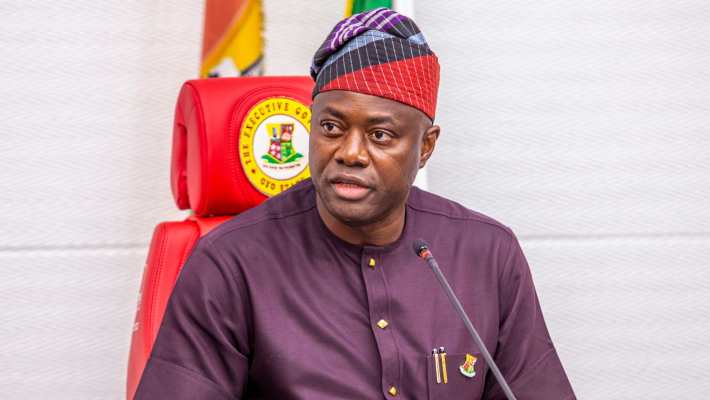
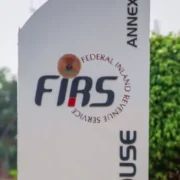
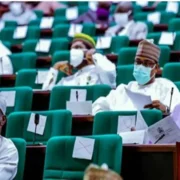

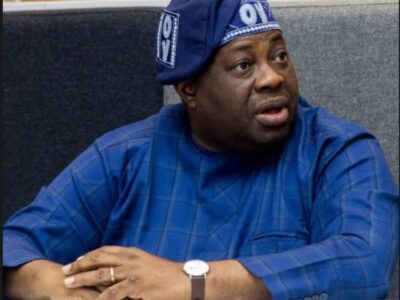

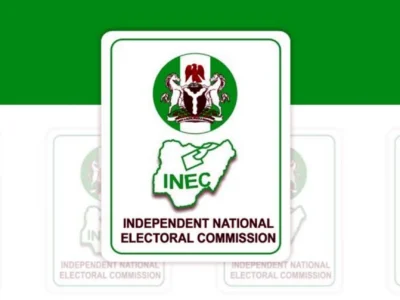










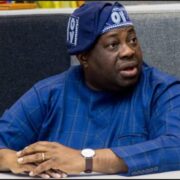
Comments